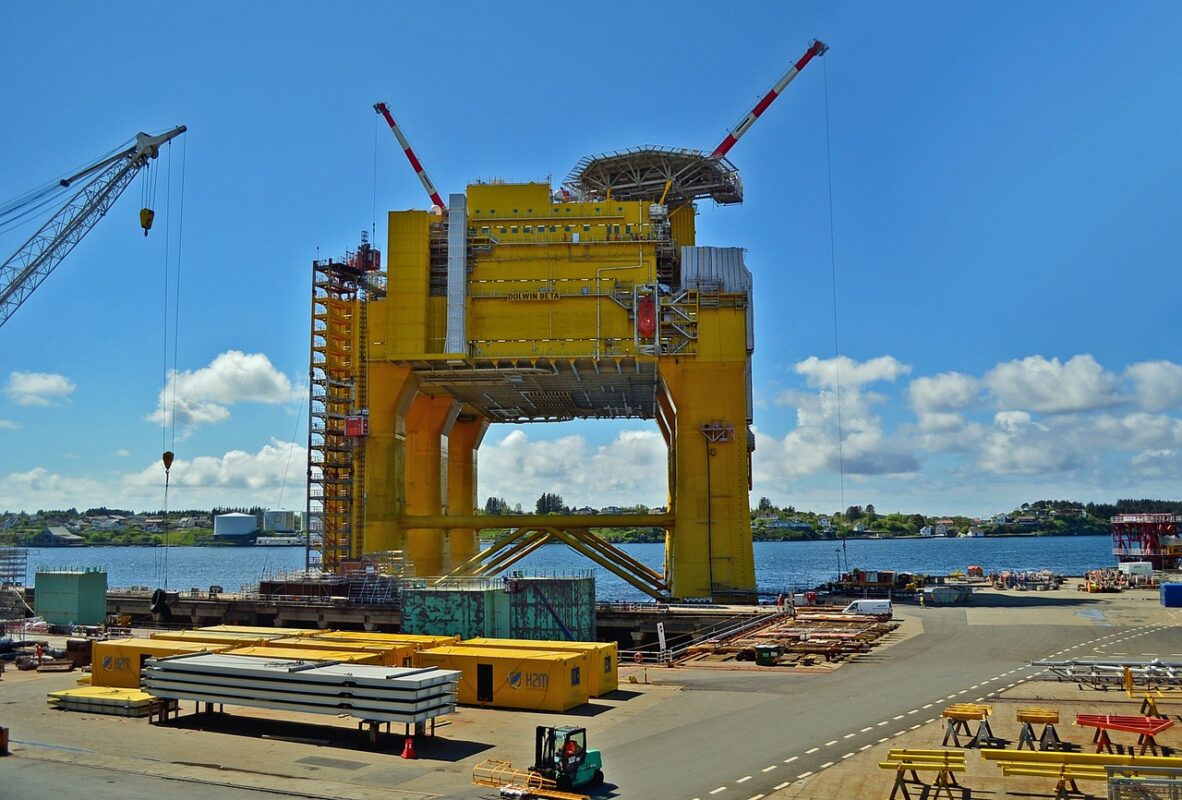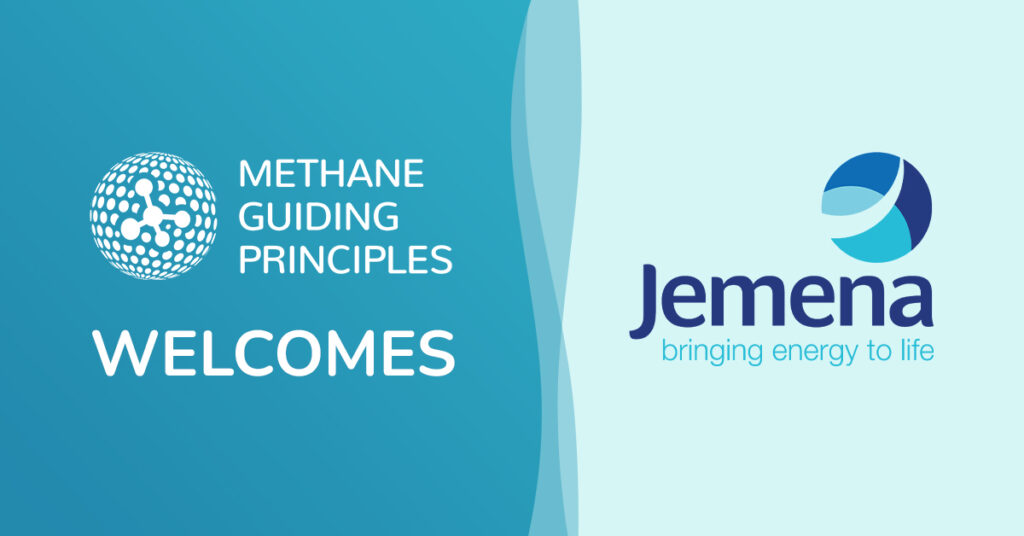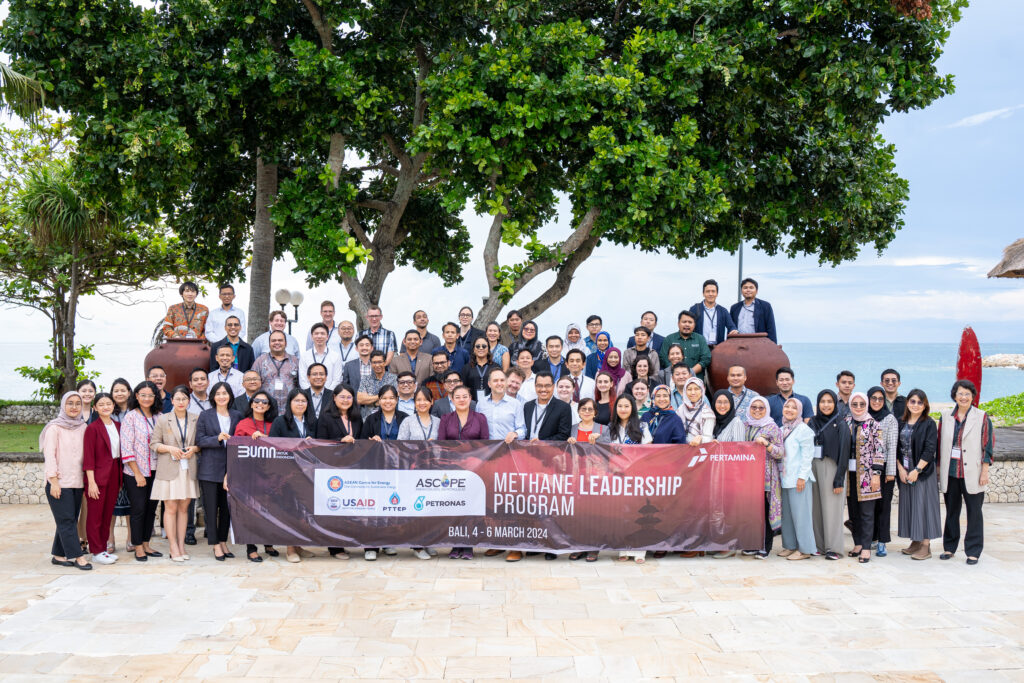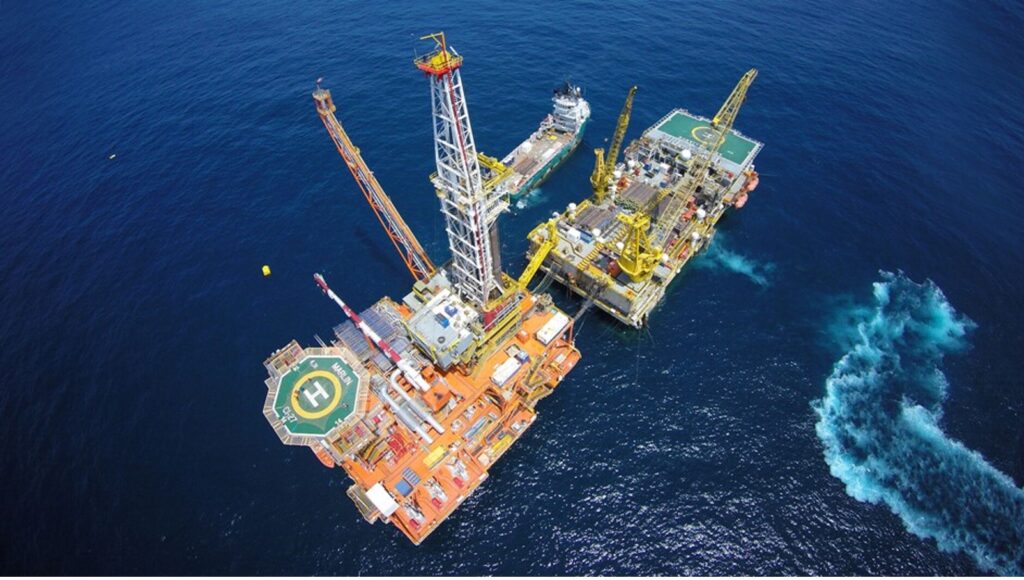The UK offshore oil and gas industry has made a new public pledge to cut its methane emissions just a month ahead of the landmark United Nations Climate Change Conference (COP26).
OGUK, the leading representative body for the sector, has signed its commitment to Methane Guiding Principles, developed by a coalition of industry, international institutions, non-governmental organizations, and academics.
MGP will ensure OGUK and its member companies work to continually reduce methane emissions, improve the accuracy of methane emissions data, advocate for policy and regulations on methane, and increase transparency in reporting.
It is the latest in a series of moves by the leading body that marks the UK sector as one of the most ambitious in its drive to produce sustainable oil and gas.
The announcement comes after OGUK launched an ambitious Methane Action Plan on behalf of the sector – a key action of the North Sea Transition Deal agreed with the Government this year. The plan sets out how the sector will reduce potent methane emissions by 50% by 2030. It was announced prior to the recent EU-US pledge to cut these emissions by 30% by 2030.
The industry is proactive in cutting these emissions. Neptune Energy, an offshore operator, recently partnered with the Environmental Defense Fund (EDF) in September this year to test a first-of-its-kind approach, using drones to enhance methane emissions measurement and mitigation on an offshore platform in the North Sea.
“Methane has a short lifetime but has up to 80 times the impact on the atmosphere than that of CO2, so it’s essential we drastically cut down on these emissions. The UK industry is working proactively on this – by 2030, we will have stopped all routine flaring and by 2023, all companies will have their own ambitious methane reduction plans in place. At current, natural gas plays a major role in meeting global energy demand today and will do for some time to come. Through our commitment to the principles, our Methane Action Plan and the North Sea Transition Deal, our sector will clean up the production of resources that we will continue to need while we move the UK towards a low-carbon energy mix.”
Thibaut Cheret, Emissions Improvement Manager, OGUK
Case study – Neptune Energy
Global independent E&P company, Neptune Energy, partnered with the Environmental Defense Fund (EDF) in September this year to test a first-of-its-kind approach to enhance methane emissions measurement and mitigation on an offshore platform.
Operators piloted a rotary drone fitted with methane sensing technology on the Neptune Energy-operated Cygnus Alpha gas platform in the UK southern North Sea. The drone measured emissions at key points on the platform, in coordination with an EDF representative.
To quantify total potential emissions, a fixed-wing drone carried out measurements while circling above, around 250 meters from the platform.
The study provided the means to evaluate advanced methods for emissions’ detection and measurement and reporting and has the potential to establish a more scientific benchmark for the wider upstream industry, addressing potential over/under-reporting of emissions which are currently based on “desktop calculations”.
Neptune already has one of the lowest methane intensities in the sector (0.01% in 2020). It is a member of the Oil and Gas Methane Partnership (OGMP) and a signatory to OGMP’s new 2.0 framework, which aims to improve the accuracy and transparency of methane emissions reporting. The Cygnus study is a strong example of how Neptune – and the UK industry – is serious about tackling methane emissions.
Given the short lifespan of methane, action today can bring results in as little as nine years, which will be crucial in helping meet the Paris Agreement goals. Methane reduction programs can also enhance process safety, support operational excellence and process optimization, as well as reducing maintenance costs and production losses.
The results of the Cygnus study are due to be published in a scientific peer-reviewed paper in 2022.




